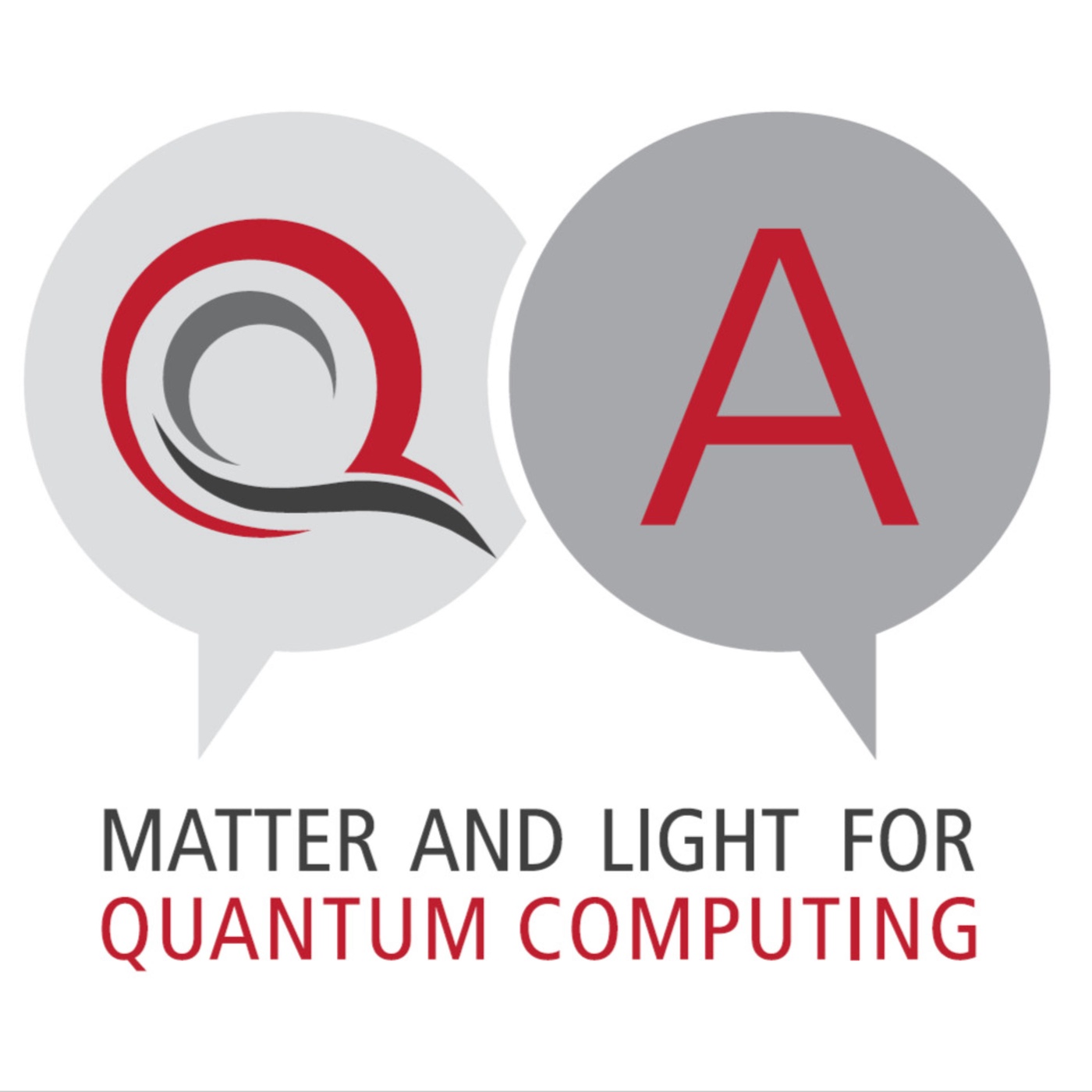
25. From PhD into the quantum industry: Michaela Eichinger
Michaela Eichinger, Product Solutions Physicist at Quantum Machines and quantum content creator, joins Mira and Chris on ML4Q&A to discuss her journey from academic research to working in a deep-tech startup. She is representative of a generation of PhD students and postdocs from labs working on qubit technologies that join the emerging quantum industry. Her PhD work focused on gatemons and stencil-based nanofabrication of superconducting qubits at the Niels Bohr Institute. Now she works at Quantum Machines, a company developing control electronics for quantum computers that aims to provide hardware capable of meeting the demands of fault-tolerant quantum architectures.
In...